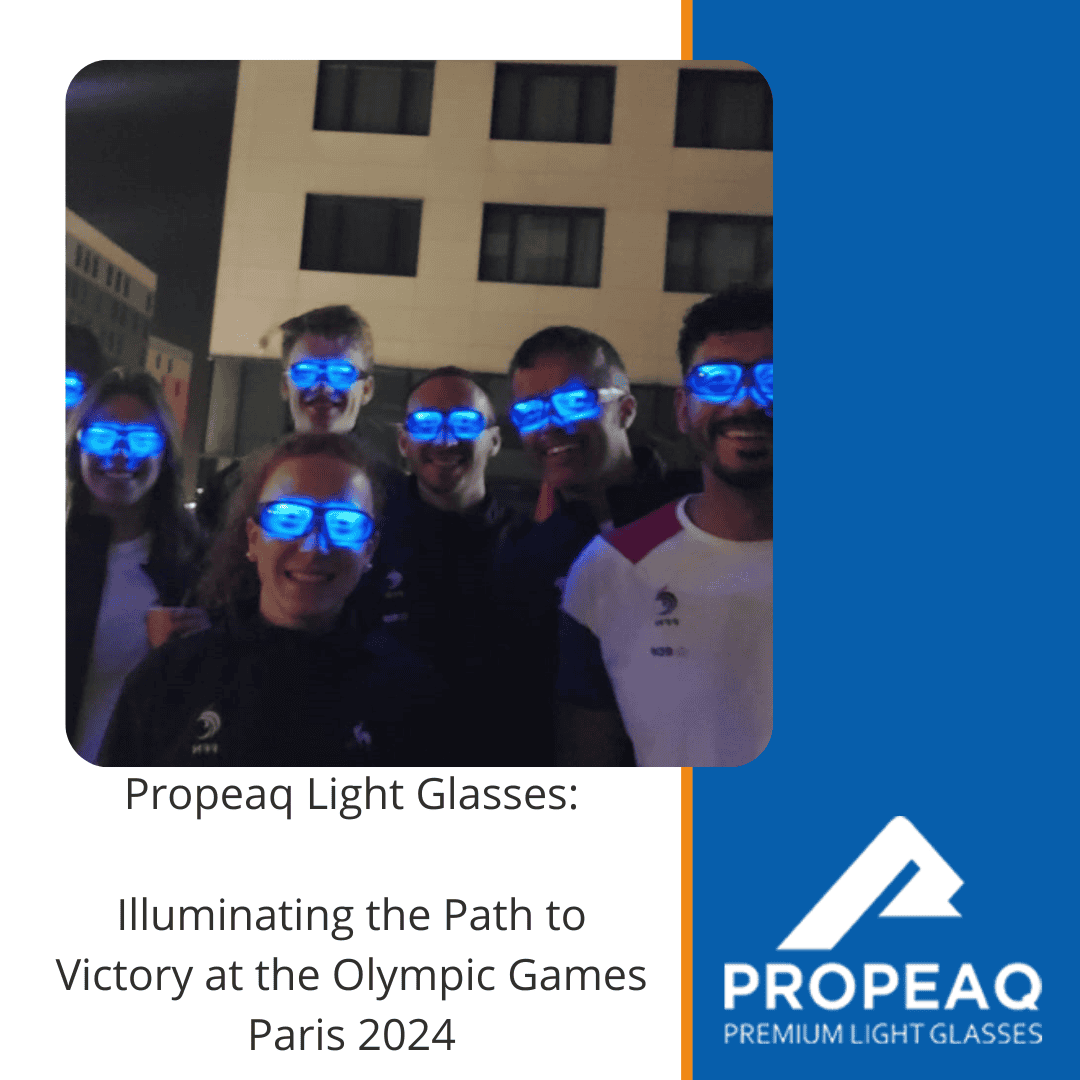There are quite a few myths about sleep, today we focus on the three most popular myths. In addition to these myths, we will share a few tips to improve your sleep in this article. As you might know by now, sleep is just as important as good nutrition.
Sleep myth: Sleeping less than 7 hours a day isn’t bad
Getting enough sleep is critical, as the body performs repair work when we are sleeping. During sleep, the body carries out repair in cells, tissue and organs, among other things. In addition, many inflammations in the body are eliminated so that the immune system functions better.
How much sleep do we need exactly? Adults need between seven and nine hours of sleep per night. The time asleep can be adjusted according to the lifestyle and needs. When there is a lack of sleep, we run the risk of getting sick more quickly.
Sleep myth: Snoring is normal
Although one in five men and one in ten women snore, it is not normal to snore. When our airways are clear, we sleep quietly and peacefully. However, some have a slightly narrowed airway that becomes slightly blocked during sleep. In many cases this is harmless. However, snoring often keeps us from a deep sleep.
Sleep myth: Drinking alcohol at night helps you sleep
One of the most well-known myths is that you sleep better when you drink alcohol. That indeed seems so, but nothing could be further from the truth. When you drink alcohol before going to sleep, you sleep less deeply and very restless. In addition, the REM phase is slowed down and shortened.
Your sleep quality deteriorates, which disrupts your circadian rhythm.
Improve your sleep with these tips
- Stick to a tightly regulated sleep-wake rhythm.
Go to bed at the same time every day and get up at the same time in the morning. - Minimize caffeine intake before going to sleep.
The half-life of caffeine is extremely high, so that the caffeine is still present in the body hours after consuming it. - Minimize alcohol intake before going to sleep.
- Provide a dark, cool and quiet sleeping environment.
- Minimize exposure to screens before going to sleep.
This ensures that the production of the nighttime hormone melatonin is temporarily disrupted. Glasses with orange lenses are an alternative to be able to continue using screens.












